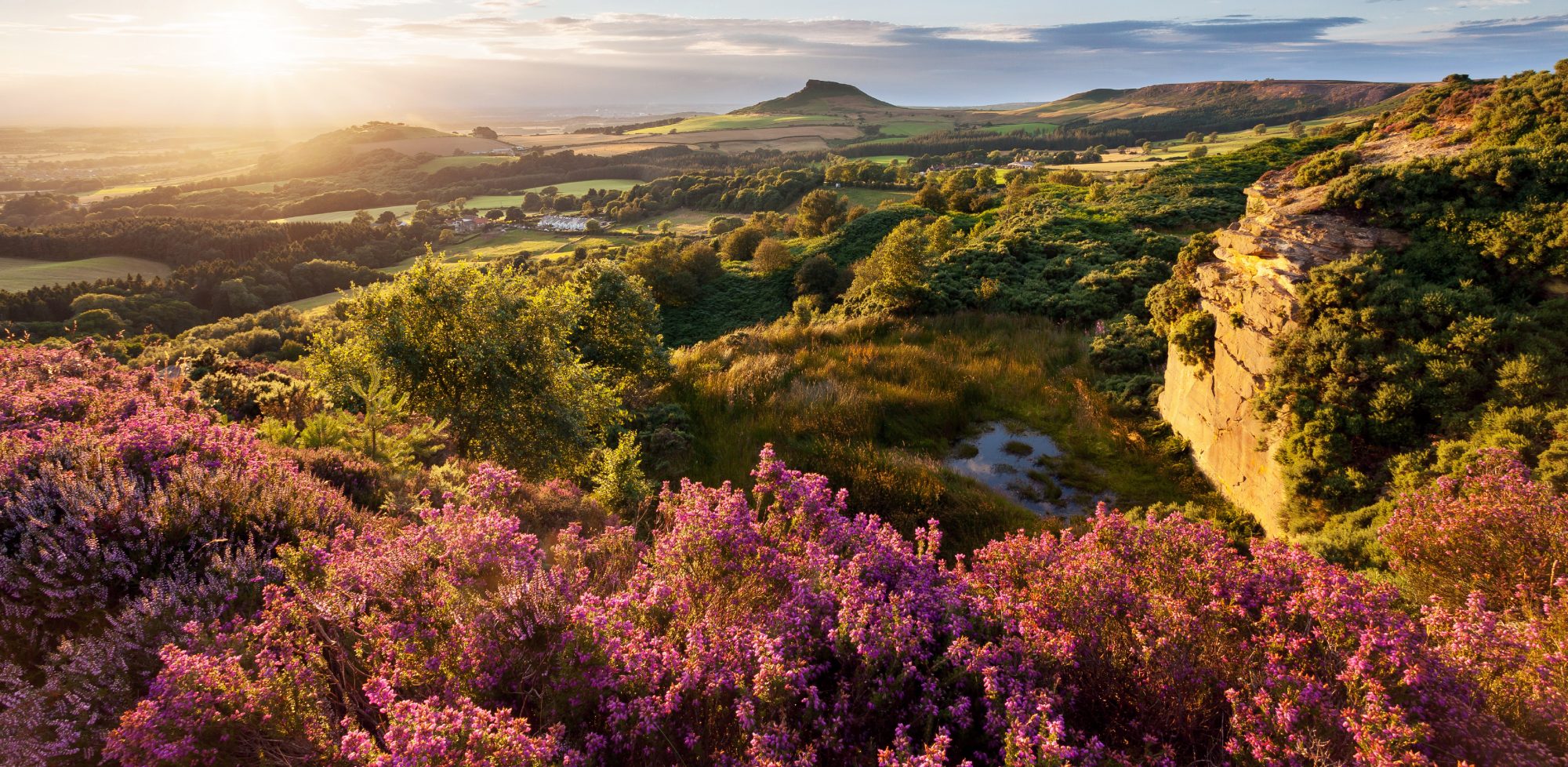Past Presidents celebrate CIEEM’s 30th anniversary
Back in September this year, to celebrate CIEEM’s 30th anniversary, we brought together the (at the time) current CIEEM President along with three Past Presidents to discuss the Institute’s past and the future of CIEEM and the sector. The illustrious panel – all CIEEM Fellows – included:
- Max Wade CEcol CEnv FCIEEM (CIEEM President 2018-2021),
- Stephanie Wray CEcol CEnv FCIEEM (CIEEM President 2015-2018),
- Steve Ormerod CEcol FCIEEM (CIEEM President 2008-2010) and
- Chris Spray FCIEEM (CIEEM President 2004-2006),
- and was hosted by CIEEM’s CEO Sally Hayns CEcol FCIEEM.
It was such an interesting and inspiring conversation that we wanted to pick out some of the highlights from the event, but you can of course watch the whole event again if you wish (see video below).
Looking back
When asked about their highlights as Presidents the panel discussed how we have moved on from being regarded as a consultants’ club to an Institute for all professional ecologists, whether in academia, local government, NGOs or elsewhere, how the Geographic Sections have developed and become their own entities, how standards have been raised and the status of ecologists has risen for example through becoming Chartered, the fact that CIEEM has had three female Presidents, becoming more recognised outside the ecology profession, establishing our influence with governments and their agencies, recognising the climate emergency addressing our own carbon emissions and starting to help members to reduce theirs, and our response to and support for members during the COVID-19 pandemic.
Without CIEEM, it is likely that ecologists and environmental managers would not be seen as the professionals that they are, noting that we as a profession needed to believe this ourselves. To achieve this we have set very high standards of competence and conduct.
It was disappointing that we were warning 15 years ago about climate change and only now is it relatively high in political and public awareness.
Looking forward
In looking to the future the panel noted that on the big issues of the interlinked climate and nature crises it is not too late to act, but that we need to go beyond net zero and that we cannot offset everything. We also need to be more assertive in our views, pushing for an integrated and meaningful approach to, for example, carbon management, integrated drainage, road schemes, engineering, etc. recognising that ecologists play a central role in addressing the climate and nature crises.
We need to keep highlighting the fundamental importance of nature for a healthy planet for healthy people and keeping it at the centre of decision-making. We also need to understand that the ecology profession is changing and that professionals will need to keep adapting and stepping up to new roles.
Professional ecologists need to be role model for others, championing how things can be done differently, and recognising that this needs to be equitable and intergenerational. We also need a clear vision of success, defining what ecological restoration looks like so that it can be taken into account by decision-makers. The panel also noted that we are key providers and advocates for a sound science evidence base, accepting that science changes over time but pushing ahead with best solutions now.
Looking at the bigger picture, the panel noted that we need to be living “within the doughnut” (i.e. meeting our human needs within the capacity of the planet). They noted that the initial responses to the Dasgupta Review were good and that it was important that it came from HM Treasury, but we still need further ambition. After the failings of Climate COP26, we need Biodiversity COP15 to act as a key change of direction, noting that governments need to step up to create the conditions that support changes, rather than businesses being disadvantaged for doing the right thing.
The panel noted the work that CIEEM is doing to increase diversity and inclusion in the sector, but that we have a long way to go. There is a long way to go as we need to get the public, and young people in particular, interested in and understanding the importance of nature and that there are professional opportunities related to nature – not just directly in ecology but also in supporting functions.
Aspirations for the next 30 years
The panel agreed that the profession must be more diverse, but also that they hope it is a more respected profession, hopefully becoming a regulated profession, recognising how important the natural environment is and that the people advising on it are rightly recognised. We need to be a more confident profession, continuing to find our voice and getting better at advocating for the natural environment. We should also aspire for more leadership in environmental management in general. Perhaps we could hope for a member (or two) of CIEEM being awarded a Nobel Prize. We also need to recognise that the ecology and environment operating environment (e.g. policy and legislation, technology, climate and nature crises) will change dramatically over the next 30 years, and as a sector we need to understand and engage with these changes and adapting to them as a sector and profession.
This is just a flavour of the conversation and we strongly recommend listening to the full discussion.
